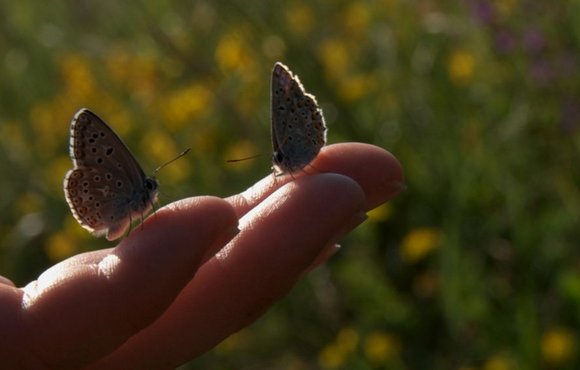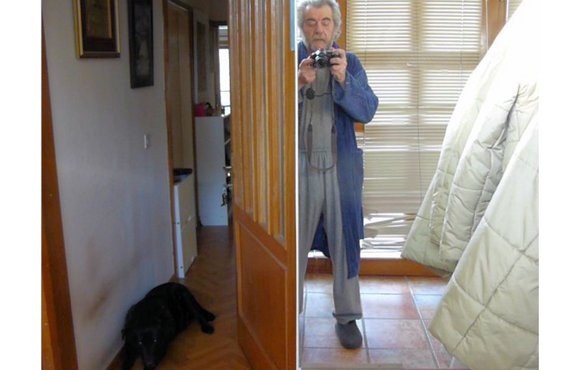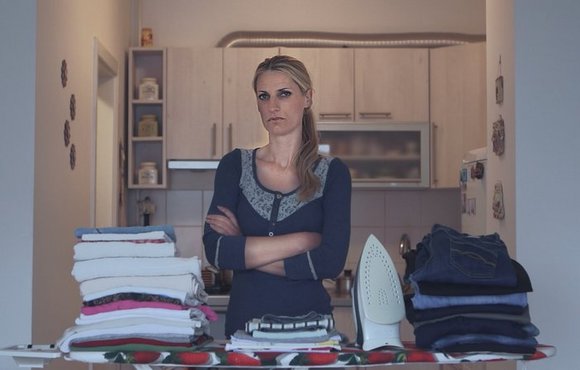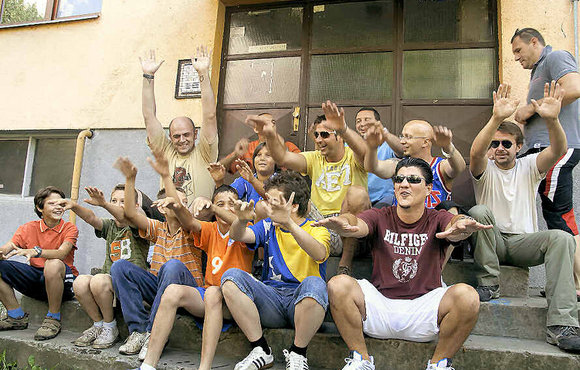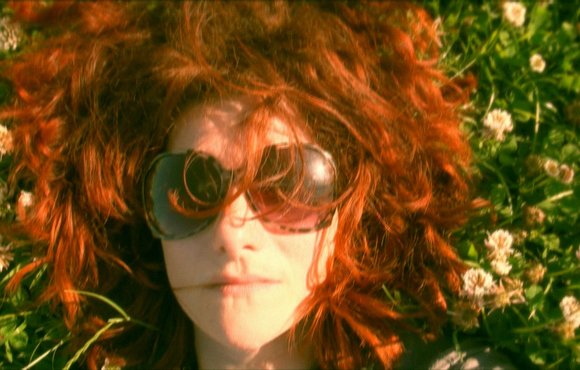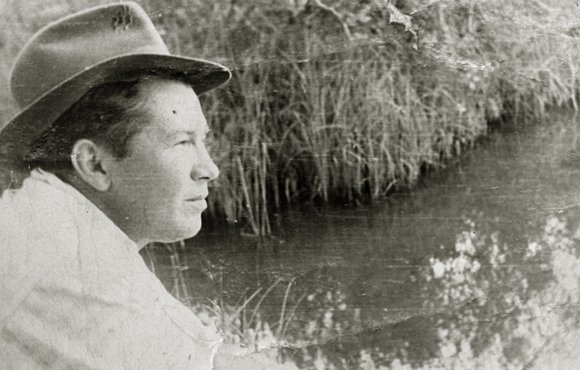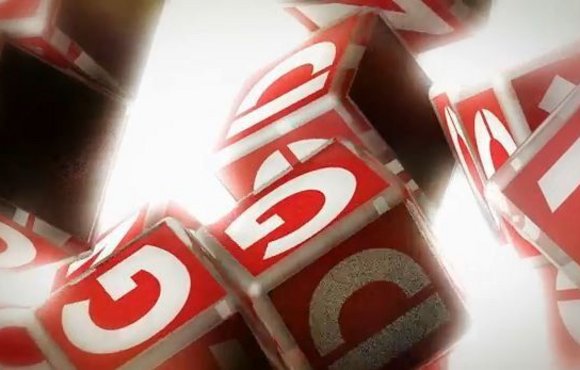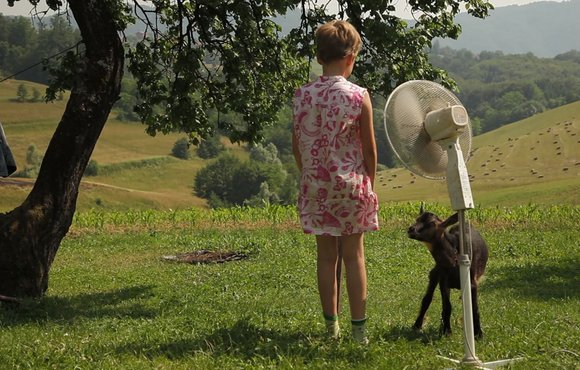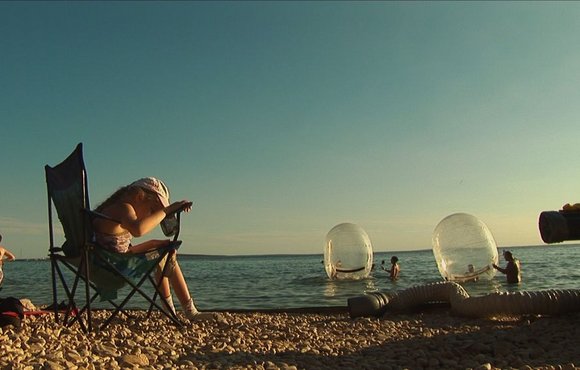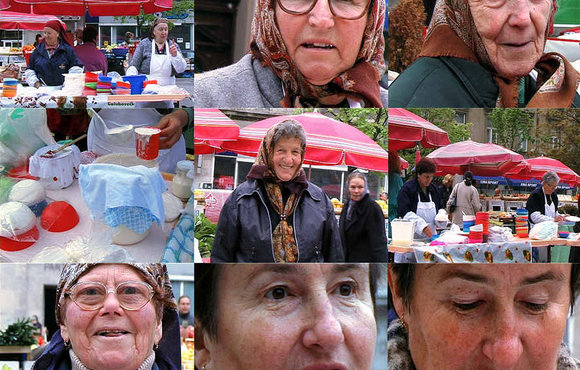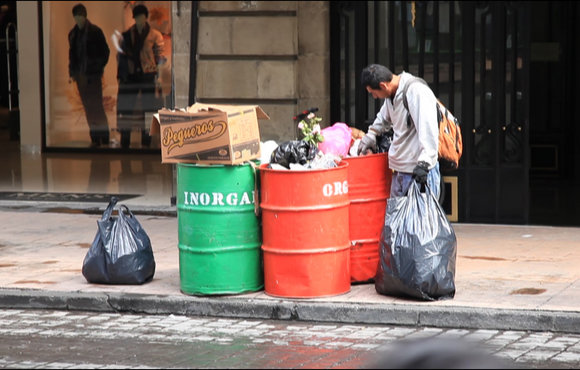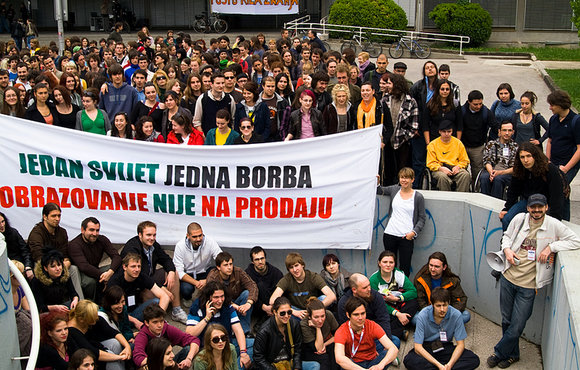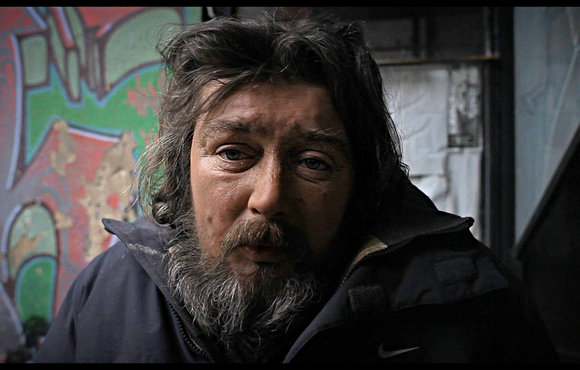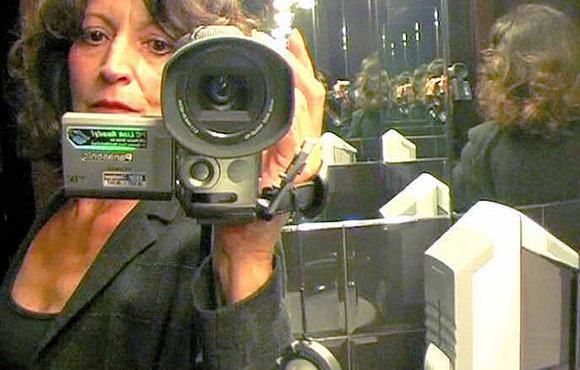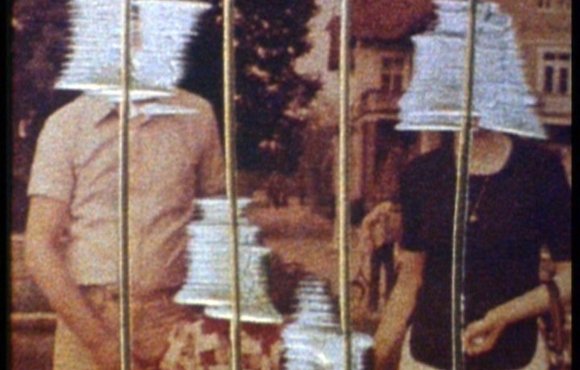A Two Way Mirror
One woman's journey to self-awareness, self-confidence and maturity.
Dum spiro spero
The acclaimed writer after a series of book made his first film and his literati experience spoke in a cinematic language
Limbo
A portrayal of a space and life in a newly built neighbourhood on the outskirts of the Croatian capital.
Chasing a Dream
A story about the reunion of a group of who scattered around the world after 1987, due to various (mostly war-related) circumstances.
Naked Island
A documentary film about a family secret conceived decades ago on 'an island of broken souls' and a painful past slowly transforming into history.
10 Years of ZagrebDox
In 2014, ZagrebDox had its 10th anniversary edition. In a video containing statements by directors, guests and people related to the festival in one way or the other, and a selection of excerpts from screened films, we paid a tribute to the first ten years of the festival.
Children of Transition
Four stories. Four dreams of a happy childhood. In a society making it next to impossible…
Passage for Stella
A film about a girl whose microcosm is confined not only by disease and disability, but also by cold-heartedness of her neighbors.
Cheese and Cream
A film-essay about Zagreb's milkmaids and deep crises of political will and national identity in the period between 2002 to 2006.
L.E.F.
Liberté, égalité, fraternité. The question the author is asking is: What is the meaning of these words today, in this particular order?
The Blockade
A depiction of the most massive, longest and politically the most important student protests in this country – the blockade of the Zagreb Faculty of Philosophy in April and May 2009.
Čedo
''Čedo'' is a documentary film about Čedo Šaraba, a man pushed off the stage, the likes of whom we see daily in streets, parks and trams, collecting plastic bottles and scrounging money.
Behind the Looking Glass
''Behind the Looking Glass'' is a self-portrait made by combining a series of film clips dating back from 1965 to the present-day (showing how other people perceive the author) and introspectively made video footage of the author, made over the past decade.
Album
In this poetic film essay, writer Miroslav Kirin is making an attempt at reconstructing a family album with photos destroyed in the war, when his family was forced to leave their home in occupied Petrinja.

